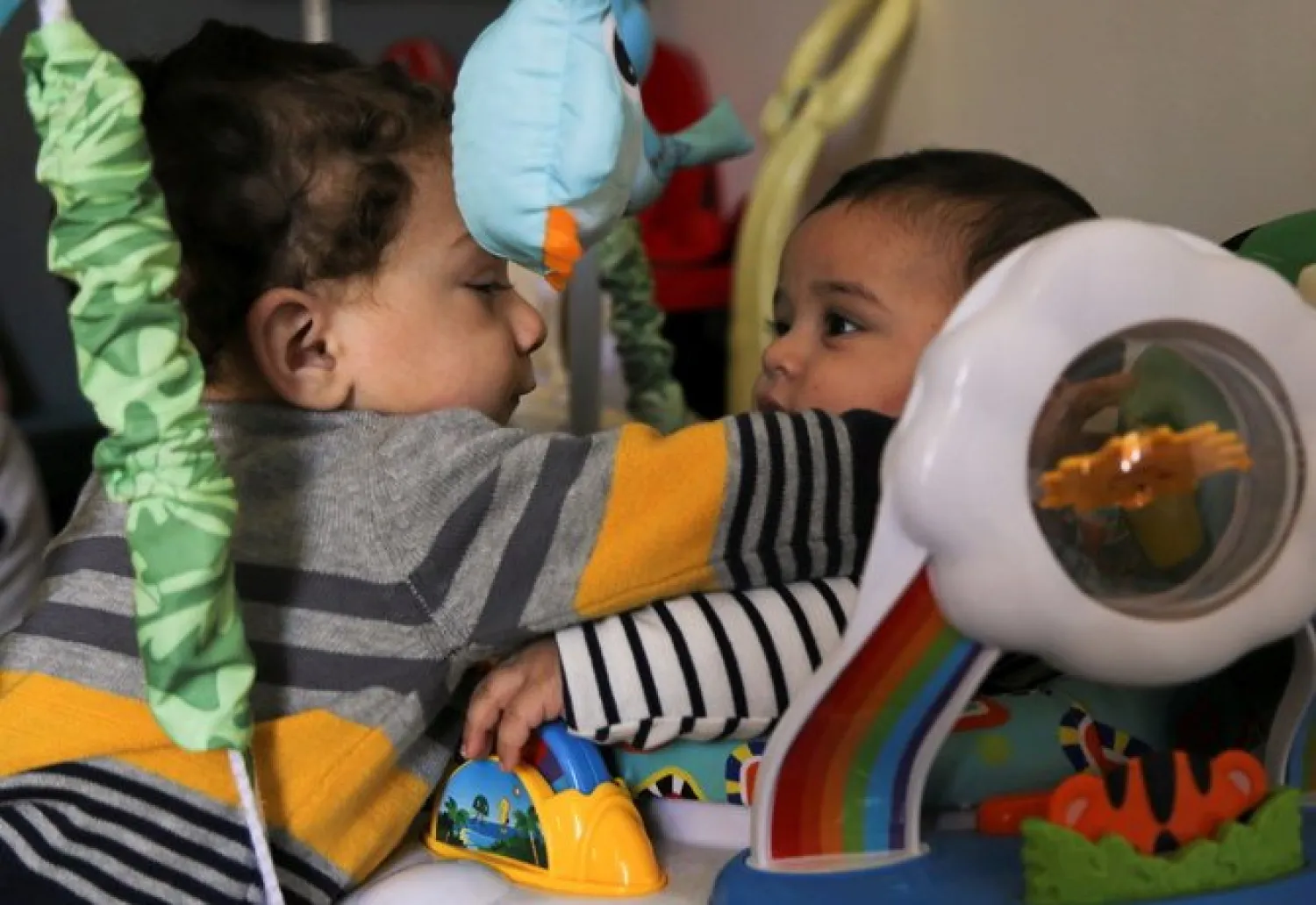Yasmina Al-Habbal always wanted to take in an orphan but only did so last year after Egypt’s government eased regulations over who could do so and campaigned to change public attitudes, enabling her to take home baby Ghalya.
Formal adoption — where people permanently adopt a child, give them their surname and make them their legal heir, is not accepted in Islam due to the importance of respecting lineage, and not practiced in Egypt, although people are encouraged to sponsor children or foster them.
Complexities around Islam and adoption prevented some people from fostering and instead people chose to support children who remained in the full-time care of orphanages.
In January 2020 however, Egypt broadened the rules for who can foster a child to include single women over 30 and divorcees, and reduced the minimum level of education required, hoping that by increasing the pool of prospective foster parents it could make fostering more widespread and socially accepted, Reuters reported.
A social media campaign “Yala Kafala” (Let’s sponsor a child) encouraging both taking children home and financing them, started by an Egyptian woman, has also helped spark change.
Habbal, 40 and unmarried, had always dreamt of having a daughter and said she faced social pressure when choosing to care for now seven-month-old Ghalya.
“My friends said to me: ‘how will you face society? What are you going to tell people? Are you going to tell Ghalya that she isn’t your child? Are you going to tell everyone else?’.”
Habbal assured her friends she would respond by telling people their prejudiced views were wrong, and she would tell Ghalya it didn’t matter where she came from.
“I’m going to tell Ghalya... ‘what is important is the positive change you’ve made to so many people’s lives’.”
She added she has a seen a change in attitudes to fostering, and her experience is encouraging others to apply.
“In this past year, the number of families who have applied to sponsor orphans shows just how much people have accepted it. People used to be afraid of it, but now, Egypt’s highest religious authority Al-Azhar, civil society organizations and the ministry of social solidarity are all trying to make the idea more widespread,” she said.
Reem Amin, a member of Egypt’s social solidarity ministry’s alternative families committee said its main goal was to remove the need for orphanages by 2025.
“An orphanage’s main goal is as a stopover point before the child moves to a foster home,” she said.
The ministry’s legal adviser Mohamed Omar said around 11,600 families have taken in orphans since January 2020 and another 11,000 orphans needed homes.
In the second half of 2020 as restrictions due to the pandemic began to ease, the ministry received 1000 requests from families wanting to sponsor orphans.
Cairo couple Mohamed Abdallah and his wife had initially failed to conceive a child of their own and decided to take in an orphan instead.
Months later, Abdallah’s wife Merna became pregnant and now they are raising their biological son Soliman and Dawood, their foster child.
“I have a dream that they will be an example for a normal society — two brothers who love each other, even though they are not related by blood,” said Abdallah.









